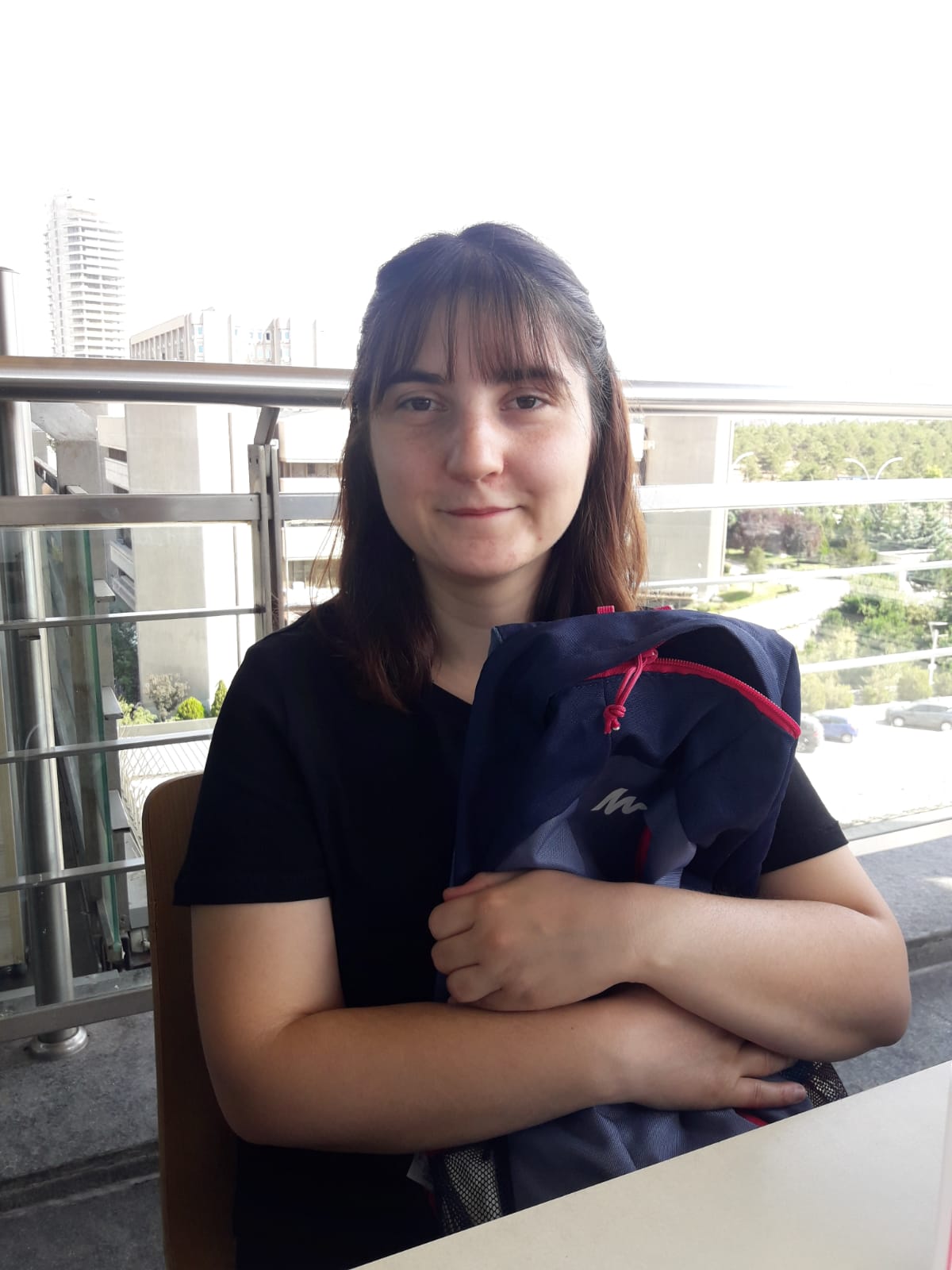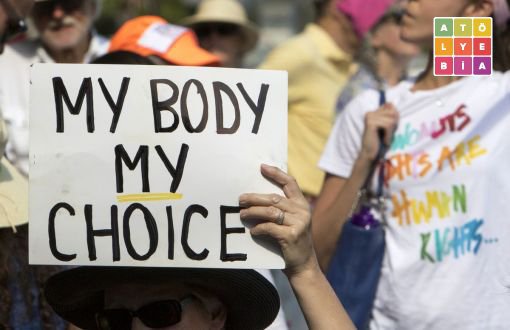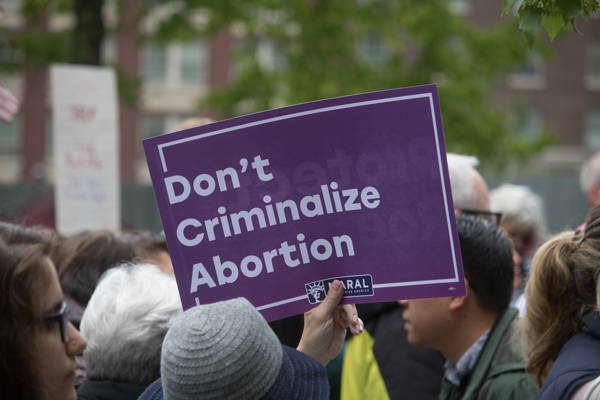Click to read the article in Turkish
Although abortion was legalized in 1983 for up to 10 weeks into a pregnancy, it is not performed in many state hospitals. Turkish Medical Association (TTB) officials say that a de facto ban has begun to be implemented since 2012 when then PM Recep Tayyip Erdoğan said abortion is "murder."
Following Erdoğan's remarks, an amendment to reduce the abortion time limit to four weeks was planned but was withdrawn after reactions. Rights defenders, however, say there has been a de facto ban. While abortion is not performed in many hospitals, women are also subjected to maltreatment in hospitals that perform abortion.
Güngör: Women are pushed to 'underground'
Turkish Medical Association (TTB) Central Council Member Selma Güngor says a de facto ban has begun after Erdoğan's remarks in 2012.
"Although this discussion did not result in a ban, restrictions were imposed on places where abortions are performed. Only full-fledged hospitals and clinics were allowed to perform abortion. Therefore, some women's health and maternity hospitals stopped performing abortion," says Güngör.
She adds that only 26 state hospitals in Turkey perform abortion according to 2017 stats and that women are pushed to "underground" places that are not safe to have an abortion.
Güngör also notes abortion pills which are not legal in Turkey despite being legal in many countries should not be prohibited.
Keskin: Women can apply to courts
Human Rights Association (İHD) Co-Chair Attorney Eren Keskin says there is a de facto ban in state hospitals despite the legality of abortion.
"Although it is legal, state hospitals do not perform abortion anymore, upon the decisions by the AKP [Justice and Development Party] and the Ministry of Health. They schedule appointments on dates that are too late. There is a de facto ban right now.
"There is no problem in private hospitals. If a woman is over 18 years old, she can have an abortion with her signature, of she is younger, she can have an abortion by her parents' approval.
"When a state hospital refuses to perform abortion, one can apply to an administrative court with a written document on the situation. There are many conventions to prevent every kind of discrimination against women, like İstanbul Convention. Only a woman herself can have a say on her body. Turkey must make its interior law compatible with these conventions."
"I had to show the certification of marriage"
E.B., who had an abortion recently, says that she did not prefer a state hospital for privacy concerns:
"I live in İstanbul. I chose a private hospital because I felt safer. State hospitals are very crowded and I was shy about people asking questions and judging me. I had mixed emotions and everything happened very quickly. I wasn't concerned about privacy because I was at a private hospital and because my doctor relaxed me. If I was in a state hospital, I wouldn't feel safe.
Z.P. says that a doctor did not believe she was married and asked for a certificate of marriage:
"I got married when I was 22. My husband was a university student. We would live with his family. I had a child. My husband would go to school. I would take all the responsibility of the house of a crowded family that had six children because my husband's mother was old. Living conditions were difficult in the village.
"I had problems with menstruation at the time. I didn't understand I was pregnant. I wasn't ready for a second child at the time. We went to a state hospital with my husband. I was pregnant for about 10 weeks. The doctor said time was passed for abortion and did not perform the operation. Then we went to a private hospital. The doctor there did not believe that were married. I showed him the certificate of marriage. I told him about the situation. He accepted and I had an abortion." (ZÇ/BÇ/SO/VK)









132.jpg)



